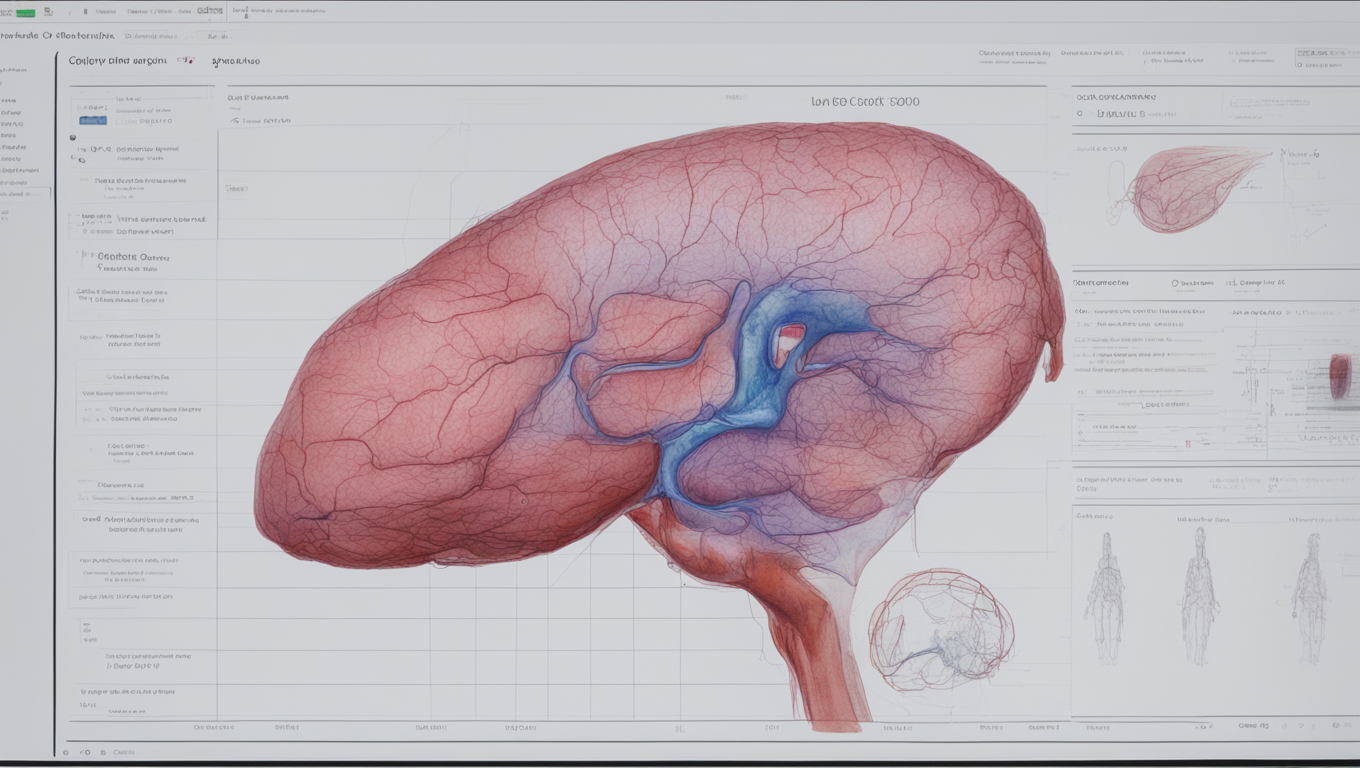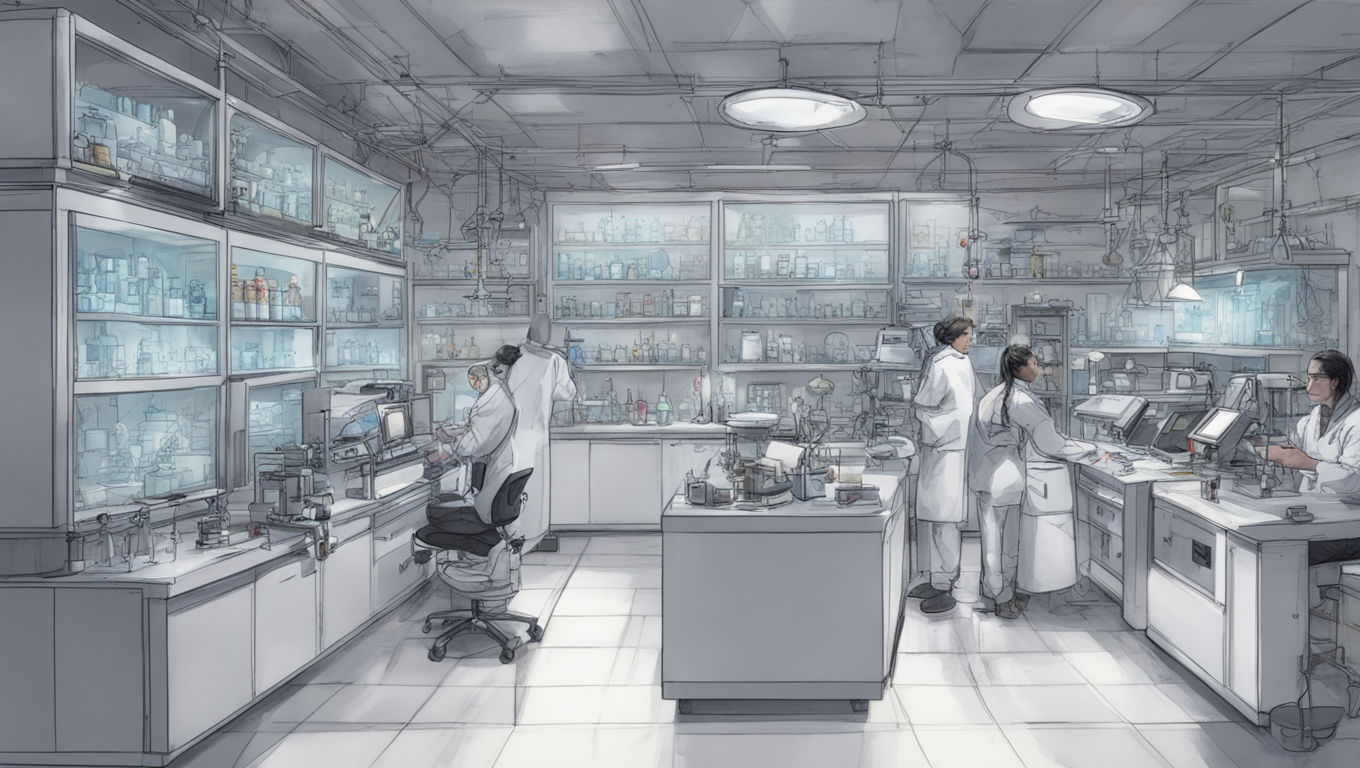In a groundbreaking development, a team of Japanese researchers from the University of Tokyo has unveiled a groundbreaking deep-learning model that can accurately predict the risk of cancer onset from fatty liver images. This incredible discovery could revolutionize early detection and intervention for liver cancer, ultimately saving countless lives.
To create this cutting-edge model, the researchers gathered a vast collection of digital images of fatty liver tissues from 2,432 individuals who had undergone live tissue examination at nine medical institutions across Japan. Among these individuals, they identified 46 who had developed liver cancer within seven years of biopsy and compared their images to those of 639 others who had not developed cancer.
By utilizing artificial intelligence and deep-learning algorithms, the team trained the model to analyze and identify subtle patterns and markers within the fatty liver images that could be indicative of cancer risk. The model was able to identify and classify these patterns with remarkable accuracy, ultimately enabling it to predict the likelihood of cancer onset.
This groundbreaking achievement has the potential to significantly transform cancer prevention and treatment strategies. Early detection is key to improving patient outcomes, providing a higher chance of successful treatment and survival. By accurately predicting the risk of cancer onset, medical professionals can implement proactive measures such as increased surveillance, lifestyle modifications, and targeted interventions to mitigate the risk and potentially prevent the development of cancer.
Professor Hiroshi Kawada, the lead researcher of the project, spoke about the significance of their breakthrough: “Our deep-learning model has demonstrated exceptional accuracy in predicting cancer risk from fatty liver images. We believe that this technology can be a game-changer in the field of early cancer detection and intervention, potentially saving countless lives.”
This deep-learning model has the potential to augment the skills of medical professionals and provide valuable insights that may have been previously overlooked. By leveraging the power of artificial intelligence, healthcare providers can enhance their diagnostic capabilities and develop more personalized treatment plans for patients.
The implications of this discovery extend beyond liver cancer alone. The use of deep-learning models and artificial intelligence in healthcare has vast potential for a wide range of diseases and conditions. From cardiovascular diseases to neurological disorders, predictive models such as this can revolutionize early detection and intervention, significantly improving patient outcomes.
As technology continues to advance at an exponential rate, breakthroughs in artificial intelligence and deep learning are becoming increasingly prevalent. We are witnessing remarkable progress in the field of healthcare, where innovative solutions are being developed to tackle some of the most challenging medical conditions. This latest breakthrough from the University of Tokyo is a testament to the immense potential of AI in transforming the future of healthcare.
With further research and validation, it is hoped that this deep-learning model can be integrated into clinical practice in the near future. As Professor Kawada succinctly puts it, “This technology has the potential to change the landscape of cancer prevention and treatment. We are excited about the possibilities that lie ahead.”





Use the share button below if you liked it.